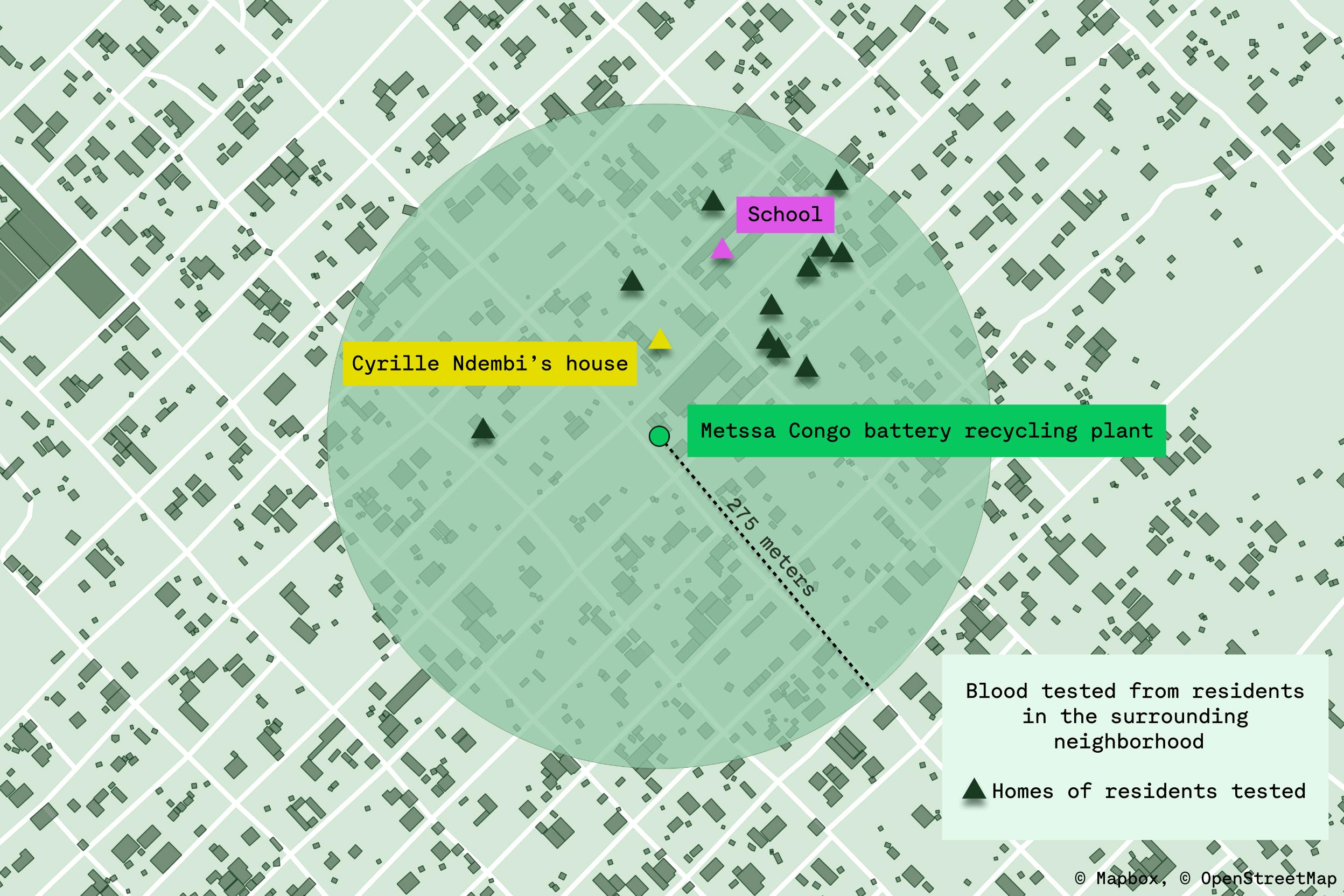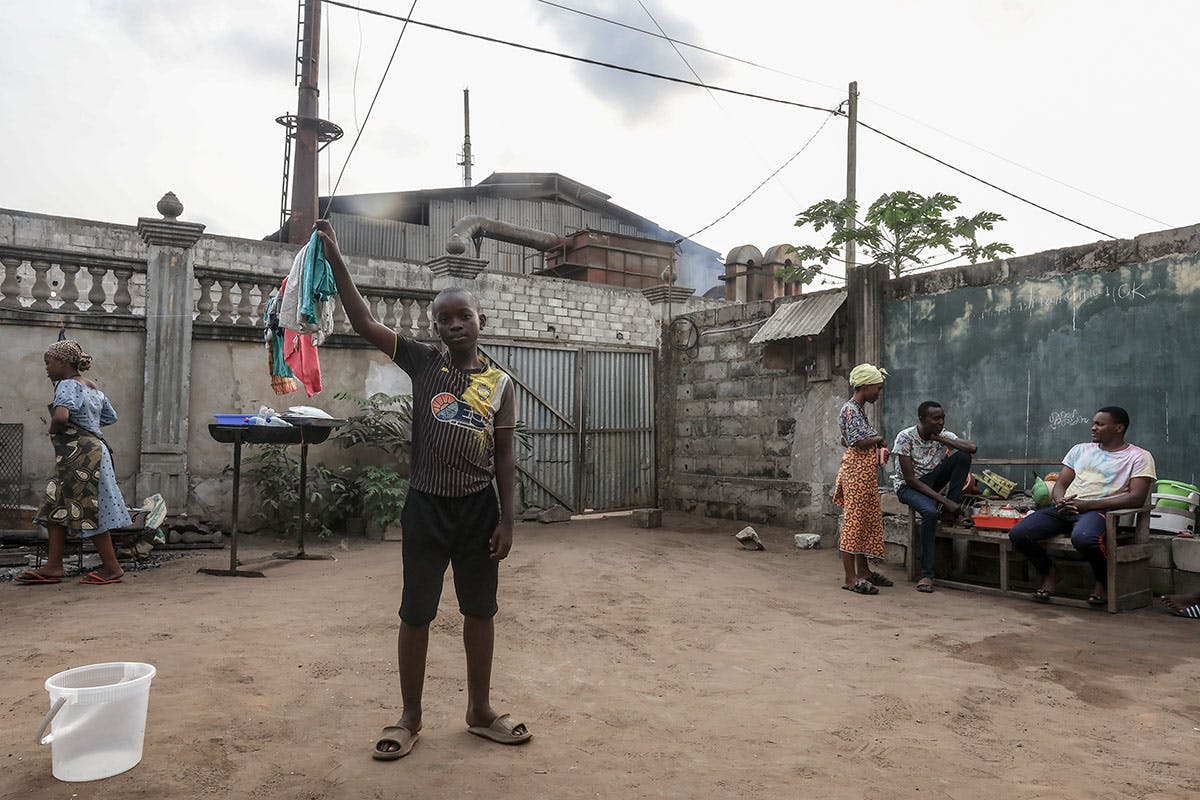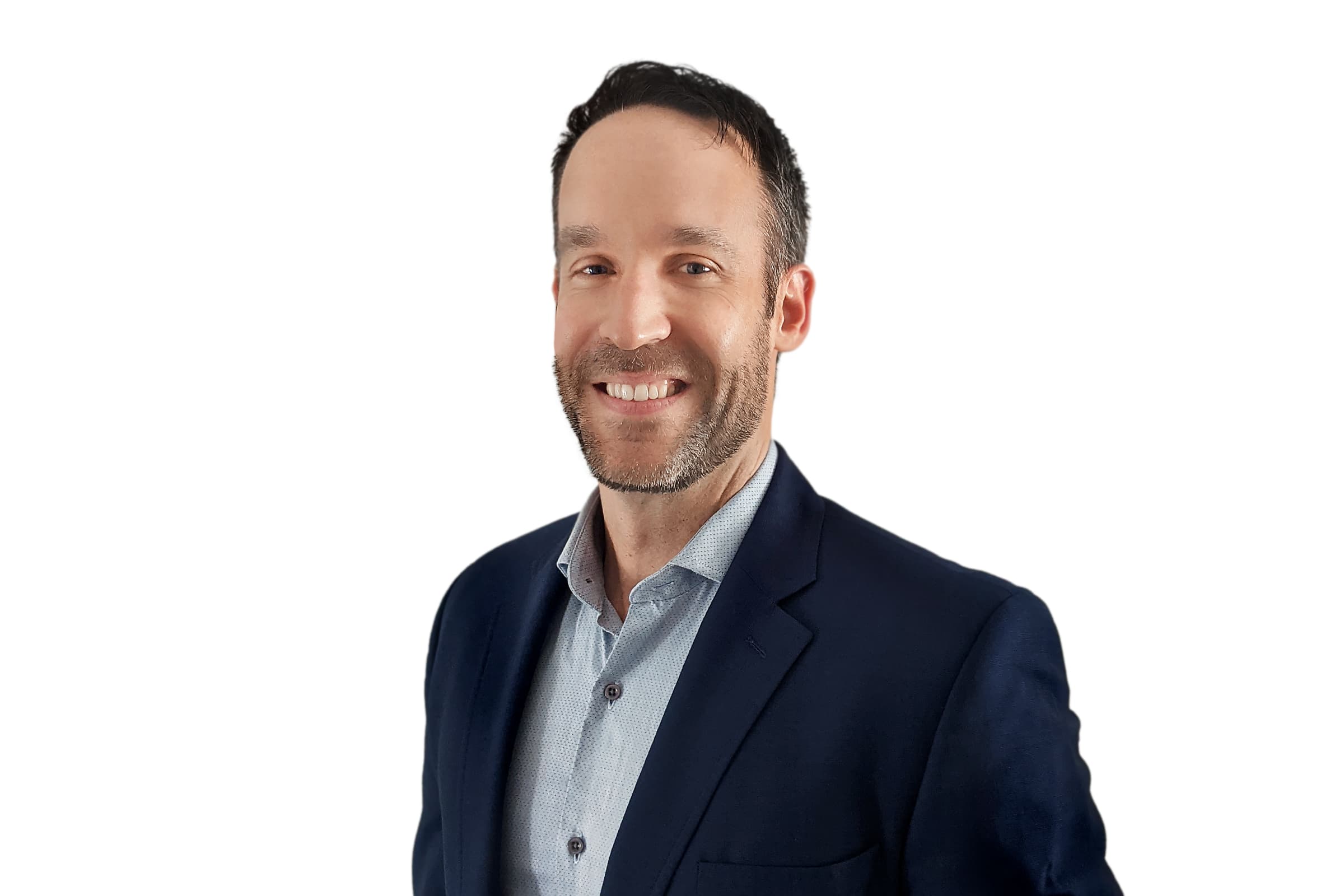Update: On June 17, 2024, the Republic of Congo's environment minister formally suspended Metssa Congo operations, citing the "proven major risk of the impact...on human health and the environment,” after residents living near the factory continued to complain about noise and smoke despite an earlier tribunal ruling to shut down operations.
"A calm and peaceful first night, without noise, odors, smoke or vibrations, without stress or anxiety. We are mobilized and are increasing our vigilance to ensure compliance with the Minister's decision,” local organizer and plaintiff Cyrille Traoré Ndembi told The Examination. “Our most ardent wish is the closure and relocation of this factory.”
A tribunal in the Republic of Congo has ordered a battery recycling factory to stop work immediately, siding with members of a community who alleged in a lawsuit filed last year that the plant has poisoned them with lead.
Earlier this month, an administrative tribunal in Pointe-Noire, the economic capital of the central African country, ruled against Metssa Congo, one of the most high profile battery recycling companies in the region.
In his decision, tribunal president Lovane Tsamby-Lhakhy held that Metssa Congo was responsible for pollution and that men, women and children living in the neighborhood of Vindoulou, a sandy bloc of homes surrounding the factory, faced serious risks to their health.
“Given the emergency,” Tsamby-Lhakhy wrote, Metssa Congo “must temporarily cease its activities.” The suspension will remain in place until the tribunal rules on other related matters, the judge said.
The tribunal ruling comes months after The Examination published an investigation into Metssa Congo and other polluting plants across Africa whose products – bars of secondhand lead – are sold across Europe, Asia and the United States for use in new car batteries and other common items. The Examination collaborated with journalists at The Museba Project, Ghana Business News and Grist.
The order was welcome news to Cyrille Traoré Ndembi, who has for years organized community protests and lawsuits against the company.
“What the judge found was that we produced irrefutable evidence that demonstrates the obvious danger at hand,” Ndembi said.“The battle was in our favor.”
Subscribe to our newsletter
Global health reporting, straight to your inbox
The unsafe recycling of used batteries is one of the most polluting industries in the world, experts say, and is responsible for vast numbers of lead poisoning cases worldwide. Each year, lead poisoning kills millions of people from heart disease and has been linked to Alzheirmer’s and Parkinson’s disease. The metal is particularly devastating to children, stunting development and causing the loss of hundreds of millions of IQ points worldwide, according to researchers.
As part of its investigation, The Examination traveled to Vindoulou, commissioning the analysis of blood tests from those living near the plant. Of four children tested at the time, all had extremely elevated levels of lead, which most often enters the body through tainted soil or air. Medical experts called the results “alarming” and “outrageous.”

In their complaint, Ndembi and other Vindoulou residents cited blood tests that showed those living near the factory, including a former soccer star, a veteran and several toddlers, had up to nine times more lead in their blood than the World Health Organization considers a threshold for medical intervention.
Lead in the blood of Cyrfanie, Ndembi’s 2-year-old daughter, was above the level at which the United States Centers for Disease Control and Prevention recommends a child receive a neurological exam and consideration of hospitalization.
In a separate court case scheduled in coming weeks, Ndembi and his neighbors are seeking to force Metssa Congo to relocate and compensate those whose medical records show signs of lead poisoning.
Arun Goswami, the owner of Metssa Congo, did not respond to messages seeking comment on the tribunal’s decision. Goswami previously told The Examination that the company follows government rules and regulations. He denied any responsibility for ill health in Vindoulou.
The health and environment ministers of the Republic of Congo, appointed by the country’s autocratic ruler, President Denis Sassou Nguesso, previously declined to comment on the plant and its operations.

